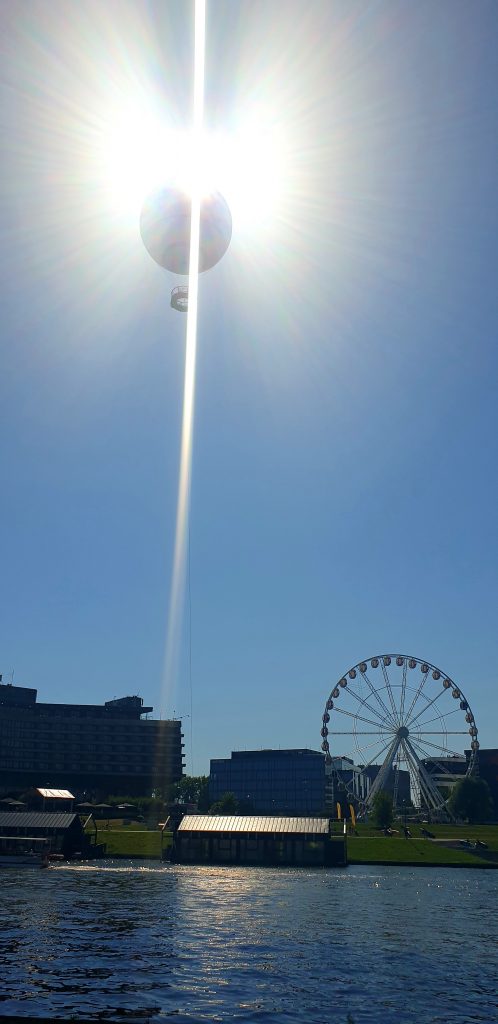Important information for e-mobility market in Poland

Implementation of Directive 2012/27/EU on energy efficiency in Poland – amendment to the Regulation of the Polish Minister of Climate will support the development of electromobility in Poland
New Polish energy law beneficial for the business of distributors of electric car charging stations.
The Polish bill of August 6, 2020, of the Polish Minister of Climate, amending the regulation (link to the legislation track) on detailed rules of the production, the formation and calculation of tariffs and settlements in wind electricity trading, introduces regulations to facilitate the further development of electromobility in Poland. Currently, high and constant distribution fees overburden the operators of generally accessible charging stations in Poland, and in combination with the still low demand for this service, they result in too high costs and a decrease in profitability, which in turn results in a lack of interest in investing in this type of technology.
The project was developed on the basis of the authorizing provision contained in Art. 46 sec. 3 of the Act of April 10, 1997 – Energy Law. One of the changes is the introduction to Polish law of a tariff group intended only for generally accessible charging stations.
The proposed solution implies shifting the financial burden from the fixed component of the network rate and the transitional fee rate to a variable component, which is related to the actual scope of using the charging infrastructure. The fixed distribution fee will be abolished and in its place variable fees will be created, depending on the amount of energy consumed by the station. At the same time, it is necessary, in order to simplify the tariff setting model, to link the prices and rates of charges specified in the tariff with another tariff group that is closest to each type (basic group).
| How it is currently: The distribution business pays for electricity in Poland based on the fixed component of the network rate and the transitional fee rate | How it will be after the changes: The charge for electricity will be calculated on the basis of the variable component, which is related to the actual scope of use of the charging infrastructure |
| If the new law enters into force in the proposed form, then a new method for calculating the electricity tariff according to the new formula (Regulatory account balance) will apply to the distribution industry of e-mobility docking stations: KRn = (Odp n-2 – Odr n-2), where each symbol stands for: KRn – the balance of the regulatory account for the tariff for the year of the regulation period “n” [PLN], Odp n-2 – the sum of the planned revenue assumed in the tariff for the year of the regulation “n-2”, which is the basis for the calculation of the rates for 12 consecutive calendar months, in the part resulting from the collection of the variable component of the network rate, the component of the fixed network rate, subscription fees and revenues planned for this period referred to in § 22 section 1 items 2-5 of the Regulation, and for the transmission system operator also the revenue from the quality fee, for all recipients in total [PLN], Odr n-2 – the sum of the revenue actually obtained in the year of the “n-2” regulation period in the part resulting from the consumption of the variable component of the network rate, the fixed component of the network rate, subscription fees and revenues referred to in § 22 subpara. 1 items 2-5 of the Regulation, and for the transmission system operator also the revenue from the quality fee, in the period of 12 consecutive calendar months, in total from all recipients [PLN]. |
Such a solution will allow the correct reflection of the costs related to the operation of charging stations in the market environment, which is at the early stage of development, while ensuring revenues for distribution system operators.
The announced changes are positively viewed by the Polish Alternative Fuels Association, pointing out that high distribution fees of a permanent nature overburden the operators of generally accessible charging stations in Poland, and in combination with the still low demand for this service, they cause too high costs and decrease profitability, which in turn causes low interest in investing in this type of technology.
The discussed law implements Directive 2012/27/EU of the European Parliament and of the Council of 25 October 2012 on energy efficiency, amendments to Directives 2009/125/EC and 2010/30/EU and repealing Directives 2004/8/EC and 2006/32/WE (Official Journal of the European Union L 315 of 14.11.2012, p. 1, L 141 of 28.5.2013, p. 28, L 156 of 19.6.2018, p. 75, L 328 of 21.12. 2018, p. 210, L 328 of 21.12.2018, p. 1, L 137 of 23.5.2019, p. 3, L 158 of 14.6.2019, p. 125).
